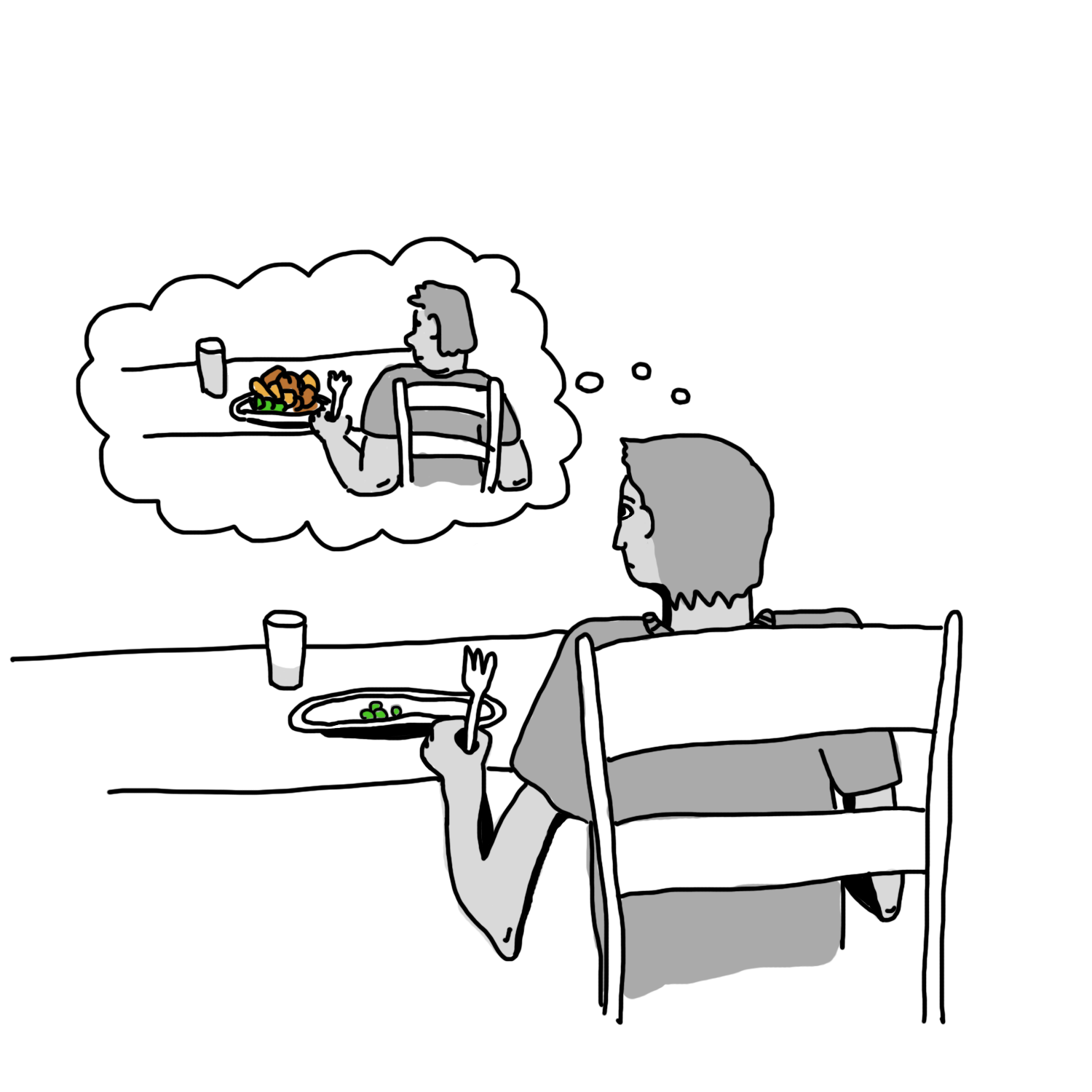One Concordia student talks about her struggles with body dysmorphia and self-esteem
At 14, I was diagnosed with anorexia.
It all started during the summer of 2008. My family and I often visited the Old Port and went to see movies together. During these family outings, whenever I wore a tight-fitting T-shirt, my sisters and brother would comment on my belly fat. I started to feel extremely self-conscious. “You need to stop eating junk food because you are getting fat,” they would tell me.
Thinking back, yes, I had gained a bit of weight in my stomach area, but I wasn’t overweight. Yet back then, I was disgusted with myself. I would stand in front of the mirror and push my belly in, hoping it would just disappear.
People sometimes don’t realize how the things they say can hurt someone. I felt as if there was something wrong with me because of my obsessive thoughts about my body, my weight and my physical features.
I just wanted to feel “normal,” and feel good about myself. When I started grade eight that September, I slowly stopped eating—I used to skip breakfast and lunch. At night, I would only eat a small snack, like an apple or yogurt, just so that my stomach would not growl all night.
I used to admire the models in magazines, and I wanted more than anything to look like them. I wanted to be skinny—I equated that to being pretty.
I also equated skinniness to being healthy. But at 15, my family doctor told me my skinniness was far from healthy. At 5’2, I weighed only 90 pounds. “You need to start eating or else you’ll die,” he told me. That was my wake-up call. He made me keep a food journal to keep track of my eating habits, and to make sure I was eating.
He also advised my mom to watch me, to make sure I was eating three meals a day. At that time, I was getting bullied at school. People would say I was too skinny and ugly. Those were the darkest days of my life. I felt frustrated when my mom started supervising me. However, even though she had never given me emotional support, I knew this was her way of showing she cared about me. My brother used to call me names because I was skinny. My second sister was actively supporting my recovery, though.
The second wake-up call was when my eldest sister cried. “You are malnourished, I can tell just by looking at you,” she said. At that point, somewhere deep down, I knew I wanted to get better. I wanted to be in good health.
At 16, after over a year of following a strict food regimen, I attained a healthy body weight. I was eating healthy and exercising, so not only was I in my healthy weight range, but I was also getting fit. During my recovery, I started swimming. It was very therapeutic for me, a kind of escape.
I was proud of myself: I was eating well, exercising and overcoming the things that had been tearing me down. At first, it was hard to not hate my own body. After every meal, I felt fat. But when I started gaining a healthier weight, I looked at myself in the mirror, in a swimsuit, and I felt beautiful.
If there is one thing I’ve learned about my experience, it would be that life is short—it’s better to live a long healthy life than die young because of anorexia. You should never feel ashamed of your body. You are beautiful. Health is beautiful. Happiness is beautiful. Always remember that you are not alone and that you are worthy.
If you are feeling down about your self-image, or experiencing obsessive thoughts about your weight, body or food, please speak up or call for help.
Graphic by Thom Bell




